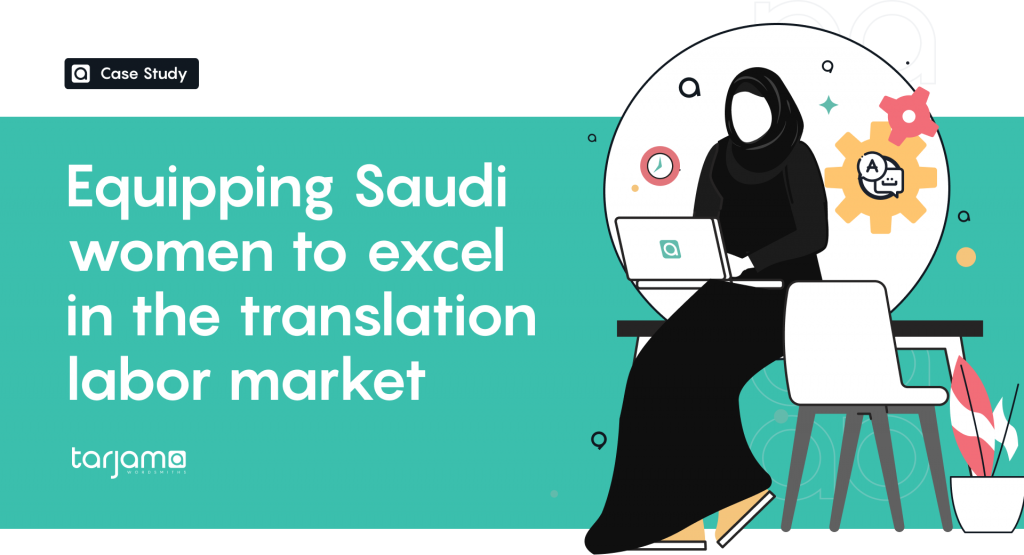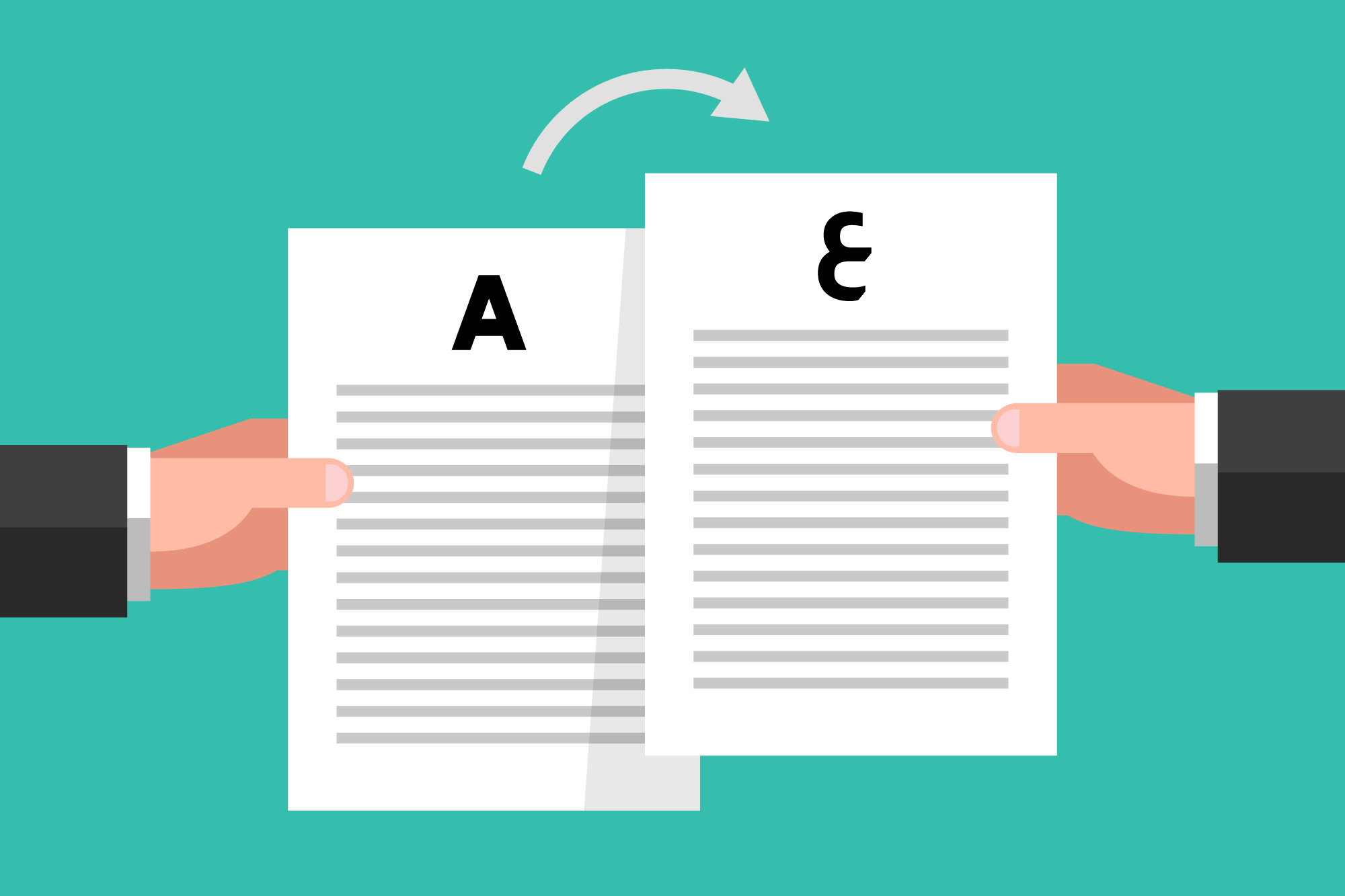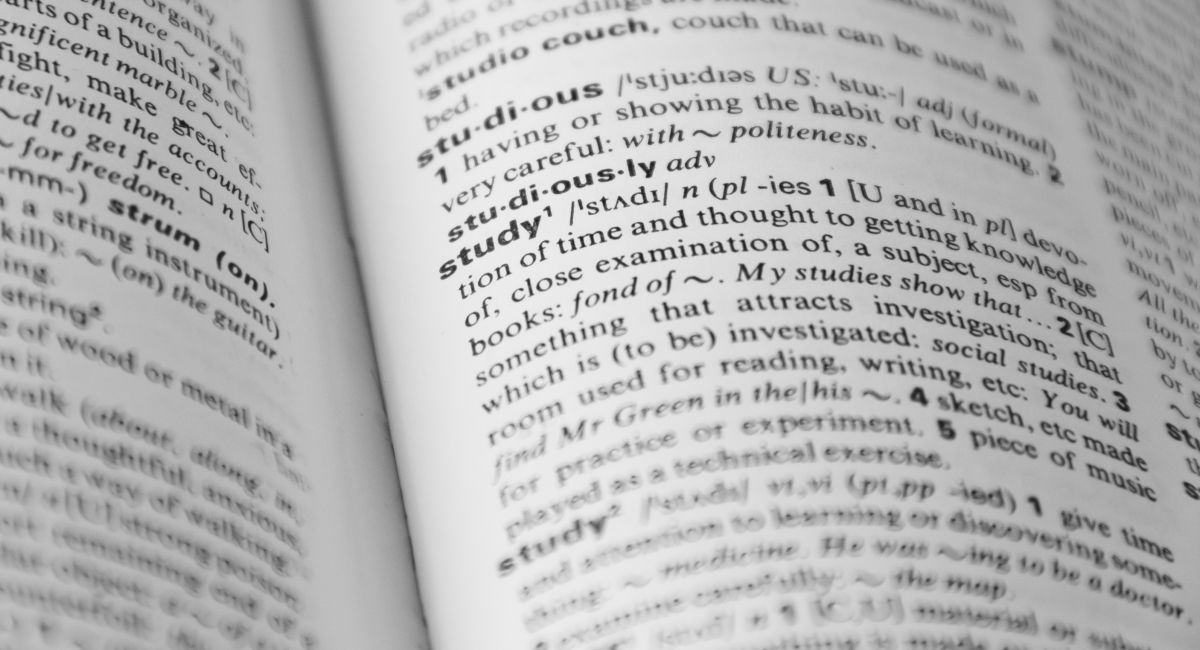History of the Arabic Language
Arabic is one of the famous languages that have wide global popularity. It is part of the Central Semitic language family which includes Aramaic, Hebrew, and Phoenician. The Arabic language is believed to have evolved from Aramaic more than a millennium ago among the Bedouin nomadic tribes in the deserts of the Arabian peninsula.
In the 7th century, Arabic spread with the Islamic conquests which extended across the Middle East, North Africa, Central and Western Asia, and even it parts of China. The native Arab’s presence along with their language, religion, and culture on the other side of the world played a huge role in planting a seed for Arabic to sprout for centuries to come.
Nowadays, all Arabic speakers have their own native colloquial variety, reaching up to 30 different dialects. However, Modern Standard Arabic – which is the universal pluricentric variety preferred in the media, the workplace, professional translation, and the law – remains the only Arabic taught across all levels of education. All literary texts authored between the seventh and ninth centuries, as well as the Holy Quran, are written in Classical Arabic.
Arabic Speaking Countries Map
The majority of Arabic speaking countries are concentrated in the Arabian Peninsula, the Middle East, and North Africa, which is known as “The Arab World”. However, there are around 25 Arab speaking countries that claim Arabic as an official or co-official language including Saudi Arabia, Chad, Algeria, Comoros, Eritrea, Djibouti, Egypt, Palestine, Lebanon, Iraq, Jordan, Lebanon, Kuwait, Mauritania, Morocco, Oman, Qatar, Somalia, Sudan, Syria, Tanzania, Bahrain, Tunisia, United Arab Emirates, and Yemen. Meanwhile, there are six sovereign states where Arabic is a national language or “recognized minority language” such as Turkey, Niger, Iran, Senegal, and Mali.
Today, Arabic is spreading once more outside the premises of its geographic concentration as more Arabic speakers migrate and settle all over the world, with generations after generations of Arabic speaking expats continue to live in Southeast Asia, Brazil, Europe, Canda, and the United States of America.
For a more detailed overview of the Arabic Speaking countries, check the table below:
Countries where Arabic is an Official Language
|
No |
Country |
Population |
No. of Arabic Speakers |
|
1 |
Egypt |
100,000,000 |
82,449,200 |
|
2 |
Algeria |
41,701,000 |
40,100,000 |
|
3 |
Sudan |
40,235,000 |
28,164,500 |
|
4 |
Iraq |
36,004,552 |
22,908,120 |
|
5 |
Morocco |
35,250,000 |
25,003,930 |
|
6 |
Saudi Arabia |
30,770,375 |
27,178,770 |
|
7 |
Yemen |
23,833,000 |
14,671,000 |
|
8 |
Syria |
20,956,000 |
17,951,639 |
|
9 |
Tunisia |
10,982,754 |
10,800,500 |
|
10 |
Somalia |
10,428,043 |
3,788,000 |
|
11 |
Chad |
10,329,208 |
1,320,000 |
|
12 |
United Arab Emirates |
9,346,129 |
3,607,600 |
|
13 |
Jordan |
6,655,000 |
5,083,300 |
|
14 |
Eritrea |
6,380,803 |
249,700 |
|
15 |
Libya |
6,244,174 |
4,526,000 |
|
16 |
Lebanon |
4,965,914 |
4,180,000 |
|
17 |
Palestine |
4,484,000 |
3,762,076 |
|
18 |
Oman |
4,055,418 |
2,518,816 |
|
19 |
Mauritania |
3,359,185 |
3,140,000 |
|
20 |
Kuwait |
2,789,000 |
1,735,000 |
|
21 |
Qatar |
2,155,446 |
1,215,900 |
|
22 |
Bahrain |
1,343,000 |
690,302 |
|
23 |
Tanzania |
1,303,569 | |
|
24 |
Djibouti |
810,179 |
97,900 |
|
25 |
Comoros |
798,000 |
Why is Arabic Important?
Learning Arabic today, especially the Modern Standard Arabic, opens up a channel of communication with the world’s Arabic speaking population of more than 466 million people. Seeing that Arabic is concentrated in a part of the world that is witnessing a heavy boom in business development, real estate, construction, technology, and other industries, the language facilitates business opportunities in both public and private sectors. It also makes you a great candidate for diplomatic and political roles across the Arabic speaking countries. Otherwise, you would need a translation service to mediate communication.
Don’t let any language barrier discourage you from expanding into the fast-growing economy of the Arabic speaking world. Get in touch with our team of industry-specific experts, and we’ll facilitate all of your written and spoken Arabic communication.
For more information on Tarjama’s services, click here.




















